Major Cross-Country Storm Hitting the U.S.—Here’s When It Will Affect Your Region
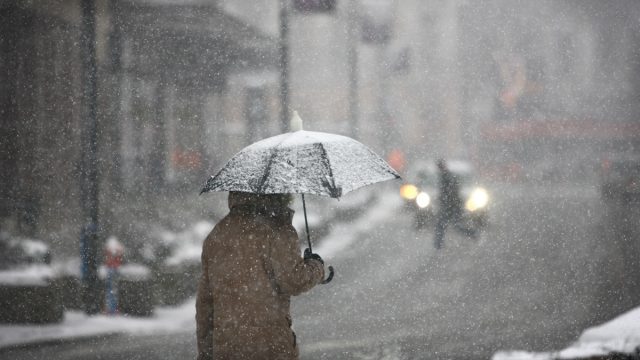
When it comes to winter and inclement weather, many of us have a love-hate relationship. Watching snow fall during the holiday season can be magical, but when wintry mixes and thunderstorms interfere with travel and other plans, we’re a lot less charmed. Now, experts say we need to be wary of some clouds on the horizon, as a major cross-country storm is making its way across the U.S. Read on to find out when it’s predicted to reach your region, and what it’ll look like when it gets there.
RELATED: Weather Predictions Keep Changing—What the Unpredictable Shifts Mean for You.
The storm is expected to make landfall tomorrow.
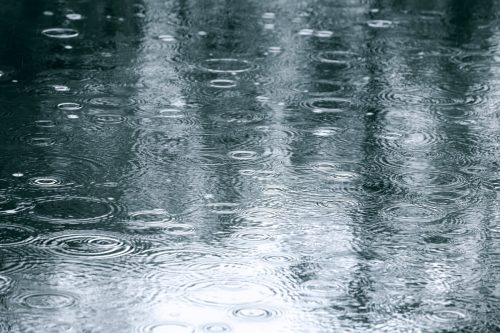
According to The Weather Channel, a “multi-faceted” storm will bring “a little bit of everything” in the coming days, including snow, rain, and possible severe weather, like wind, hail, and tornadoes.
Today, the storm is situated in the northern Pacific Ocean, per The Weather Channel, and the Pacific Northwest through the northern Rockies will be impacted tomorrow. Meteorologists are predicting rain and mountain snow in the area—and although heavy amounts of precipitation aren’t anticipated, it may still impact travel.
RELATED: Where It’ll Be Extra Warm This Winter, Weather Predictions Show.
The Midwest will get the brunt of the storm over the weekend.
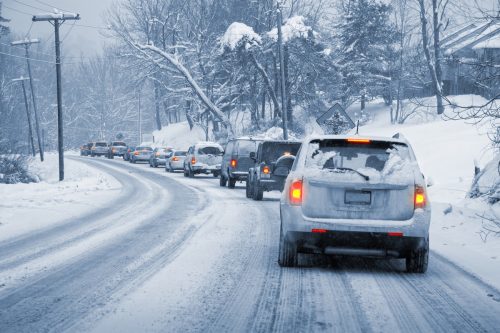
On Friday, those in the Wasatch Mountains through the central Rockies will likely see light snowfall, potentially impacting travel in the Denver metro area, The Weather Channel predicts.
On Saturday, the storm will then take in moisture streams coming from the Gulf of Mexico, with rain and thunderstorms possible across the South and the Ohio Valley. In eastern Texas and the lower Mississippi Valley, severe thunderstorms could arise, but The Weather Channel notes that this will be determined by how “unstable” the atmosphere is.
According to Fox Weather, Saturday also brings the potential for tornadoes, damaging winds, and hail from east Texas to Louisiana, Arkansas, western Mississippi, and west Tennessee.
In the Midwest and the western Great Lakes, wintry weather is possible on Saturday, but current predictions show that snowfall or a rain and snowfall mix won’t be a major problem in this area, according to The Weather Channel.
RELATED: Why You Shouldn’t Trust Weather Predictions from the Farmer’s Almanac.
Sunday will be troublesome for the East Coast.
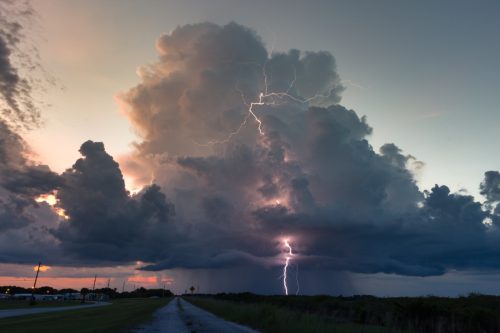
The storm and a cold front are anticipated to ramp up on Sunday and move toward the East Coast. According to The Weather Channel, rain and strong winds may hit the Northeast overnight, and in the Southeast, you can expect rain, winds, and the potential for strong thunderstorms.
Those in the Great Lakes and the interior Northeast could still see snow or rain on Sunday night, which will then come to an end, the outlet reports.
The forecast could change over the next few days.
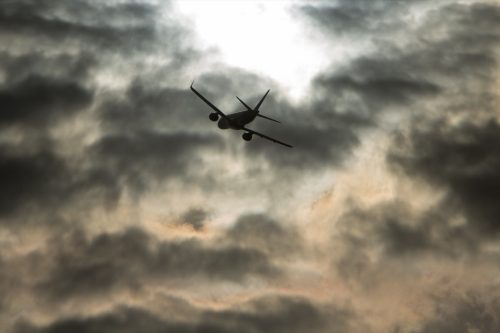
Meteorologists note that the current forecast is uncertain, so be prepared for these predictions to be updated.
“Since this system has yet to enter the U.S., you can expect changes to the forecast in the coming days,” The Weather Channel wrote on Dec. 6. “That includes the storm’s timing as well as what areas might see rain, snowfall, strong winds or severe weather.”
If you have travel plans lined up, you should also keep that in mind this weekend. According to The Washington Post, blizzard conditions could be possible in the Midwest and the Great Lakes, meaning that several major airports could be impacted. Winds could also push flight delays into next week, the newspaper cautioned.
RELATED: For more up-to-date information, sign up for our daily newsletter.